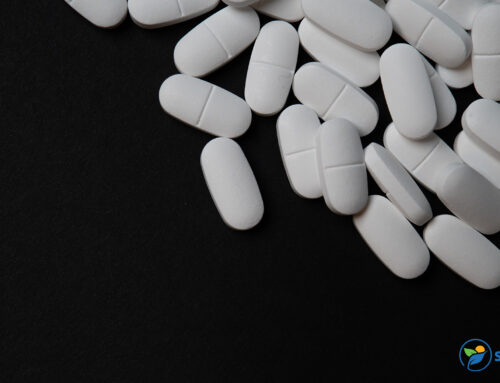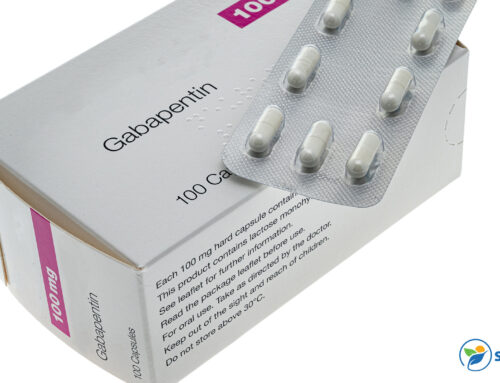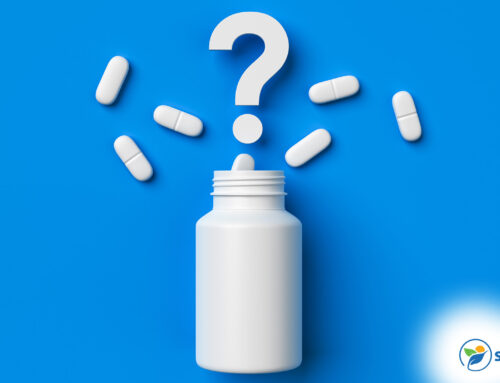Stimulant abuse is a major problem for American adults. Though an estimated 4.5% of adults use prescription stimulants as intended, up to 2.1% (5 million people) have some kind of abusive relationship with stimulants, with upward of 0.2% living with a stimulant use disorder. Used correctly, stimulants have a number of potential health benefits, but abusive stimulant use creates serious threats to people’s health. Stimulant addiction treatment can be the most important link in the chain of recovery that lets people who are heavy users of stimulants return to a normal, healthy life.
What Are Stimulants?
Stimulants are part of a broad category of drugs that are available in the United States. Some of these drugs are available by prescription, while others are tightly restricted. This family of medications typically raises the resting metabolism of the person who takes them, with elevated heart rate and blood pressure being typical effects of use. Stimulants work in various ways, but their effects usually include increased alertness, preventing sleep and an altered affect, including speedy or forced speech, sweating and higher-than-normal energy levels.
Doctors typically prescribe stimulants for mood and anxiety disorders, along with some sleep-related illnesses. Ritalin is a commonly used stimulant often given for treating ADHD, while Dexedrine, Adderall and Concerta may be prescribed for fighting narcolepsy and other sleep disorders. These drugs usually produce elevated levels of alertness, enhanced focus and a higher ability to pay attention over extended periods.
When Is Stimulant Use an Addiction?
Millions of people use stimulants in line with their doctors’ advice to treat legitimate medical problems. In this context, even heavy use may not be problematic, provided it’s under the supervision of a trained medical practitioner and the side effects are manageable. Addiction is the continued use of a substance in the face of mounting negative consequences, such as chemical dependency, harsh side effects, loss of money and broken relationships.
If your use of stimulants, or the use of stimulants by someone you care for, is causing problems with living a normal life, it might be a sign that an addiction has developed. People abusing stimulants may show various health problems, such as sleep disturbances and increased agitation or paranoia during their waking life, or serious symptoms of withdrawal when not taking the drug, including depression and excessive sleep. As the addiction advances, a person might become dishonest or defensive about their drug use, turn to crime to get or to pay for the substance or even become violent in response to seemingly minor irritations.
Different Types of Rehab for Stimulant Addiction Treatment
When addiction is disrupting a person’s normal life, it’s time to seek stimulant addiction treatment. There are different approaches that may be useful for people who need help, and it might take some research and experimentation to find a combination that works for them. Most treatment approaches start out with fairly intensive care, which may or may not include medically supervised detox and inpatient treatment, followed by a gradual tapering off of supervision and support in a more community-based setting.
How Rehab Helps People Addicted to Stimulants
Stimulant addiction treatment helps stop the progress of the addiction and limit the damage that substance use disorder can cause going forward. The medical component of rehab helps identify various comorbidities and associated health problems that many people with substance use disorders have. Cognitive behavioral therapy can help people abusing stimulants identify the issues that led them to use and develop strategies for coping with cravings and other challenges to sobriety.
What to Expect During Stimulant Rehab Treatment
While there are many approaches to stimulant addiction treatment, most programs follow a set of principles built around making care accessible and effective for the greatest number of people. Treatment for stimulant use disorder often starts with an inpatient stay where a doctor and care team develop a picture of a person’s overall health, put together a care plan and monitor the patient’s progress. During this period, medications may be administered to help manage the symptoms of stimulant withdrawal, and any complications will be dealt with by a team of professionals.
After the initial detox, stimulants rehab becomes less hands-on and more community-based. People undergoing treatment may get one-on-one counseling, most often using the cognitive behavioral therapy model for identifying and managing addiction triggers. There may also be group meetings, which may be held daily during this transitional period but eventually taper down to once a week. People in recovery will likely get a sponsor and actively work the steps to sobriety. Discharge from the program typically includes arrangements for ongoing care in a group setting, with weekly meetings and frequent social contact with others in recovery to maintain a sober lifestyle.
Aftercare and Relapse Prevention Strategies
After the most intensive stages of stimulant addiction treatment, people with a successful recovery can usually return to their normal life. Some modifications may be in order, such as a change of jobs or friend groups, if those were contributing to their substance abuse. Ongoing sobriety is the work of a lifetime, and there’s no date when a person with substance use disorder becomes “cured.” Instead, life after treatment for stimulant use disorder tends to focus on maintenance of sobriety, managing stress and the triggers that cause relapse and restoring damaged relationships to get back the higher quality of life that stimulant abuse was threatening.
Seeking Treatment for Stimulant Abuse
If you’re dealing with stimulant abuse disorder or suspect someone you know has a problem with it, you don’t have to deal with this alone. Sunlight Recovery has teams of compassionate, knowledgeable addiction counselors who can discuss your situation in confidence without judgment. Contact us today for a consultation and referral to the help you need for stimulant addiction treatment.






